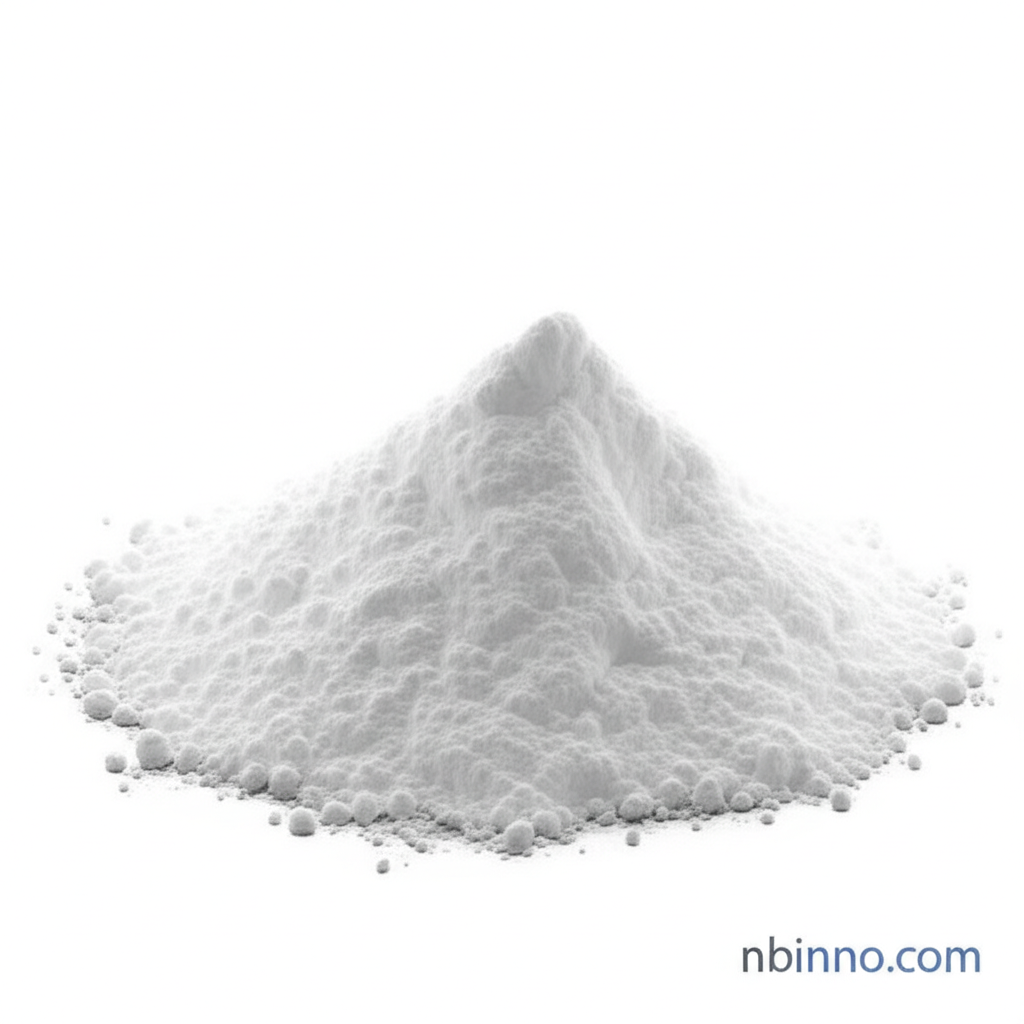Unlock Advanced Research with 18:1 Biotinyl PE (Sodium Salt)
Discover the power of biotin-functionalized lipids for cutting-edge drug delivery and lipidomics.
Get a Quote & SampleProduct Core Value

1,2-Dioleoyl-sn-glycero-3-phosphoethanolamine-N-(biotinyl) (sodium salt)
This high-purity lipid is a crucial component for sophisticated applications in drug delivery, lipidomics, and bioconjugation. Its unique structure, featuring two oleic acid chains and a biotinyl headgroup, enables targeted delivery and enhanced molecular interactions.
- Leverage the benefits of biotinylated phospholipids for drug delivery systems, enabling precise targeting and improved therapeutic efficacy.
- Explore the applications of 1,2-dioleoyl-sn-glycero-3-phosphoethanolamine-N-(biotinyl) research applications in understanding cellular processes and developing novel treatments.
- Utilize this versatile lipid for biotin-functionalized lipids for bioconjugation, facilitating the attachment of biomolecules for advanced assays and diagnostics.
- Integrate this high purity lipid for lipidomics studies to gain deeper insights into cellular lipid profiles and metabolic pathways.
Advantages This Product Brings
Enhanced Targeting Capabilities
The biotinyl moiety allows for specific binding to avidin or streptavidin, crucial for targeted delivery strategies in drug development and imaging.
Versatile Research Applications
Its well-defined structure makes it ideal for studies in lipidomics, membrane biophysics, and the development of novel therapeutic formulations.
High Purity Assurance
With purity exceeding 99%, this lipid ensures reliable and reproducible results in sensitive biochemical and pharmaceutical research, supporting critical lipidomics studies.
Key Applications
Drug Delivery Systems
Facilitates the development of liposomes and nanoparticles for targeted drug delivery, leveraging its biotinylated phospholipid for drug delivery properties.
Lipidomics Research
An essential tool for identifying and quantifying lipids in biological systems, aiding in the understanding of disease mechanisms.
Bioconjugation
Enables the covalent attachment of biomolecules, supporting the creation of diagnostic tools and affinity assays.
Gene Therapy
Contributes to the formulation of effective non-viral vectors for gene delivery, such as lipid nanoparticles for gene therapy.
